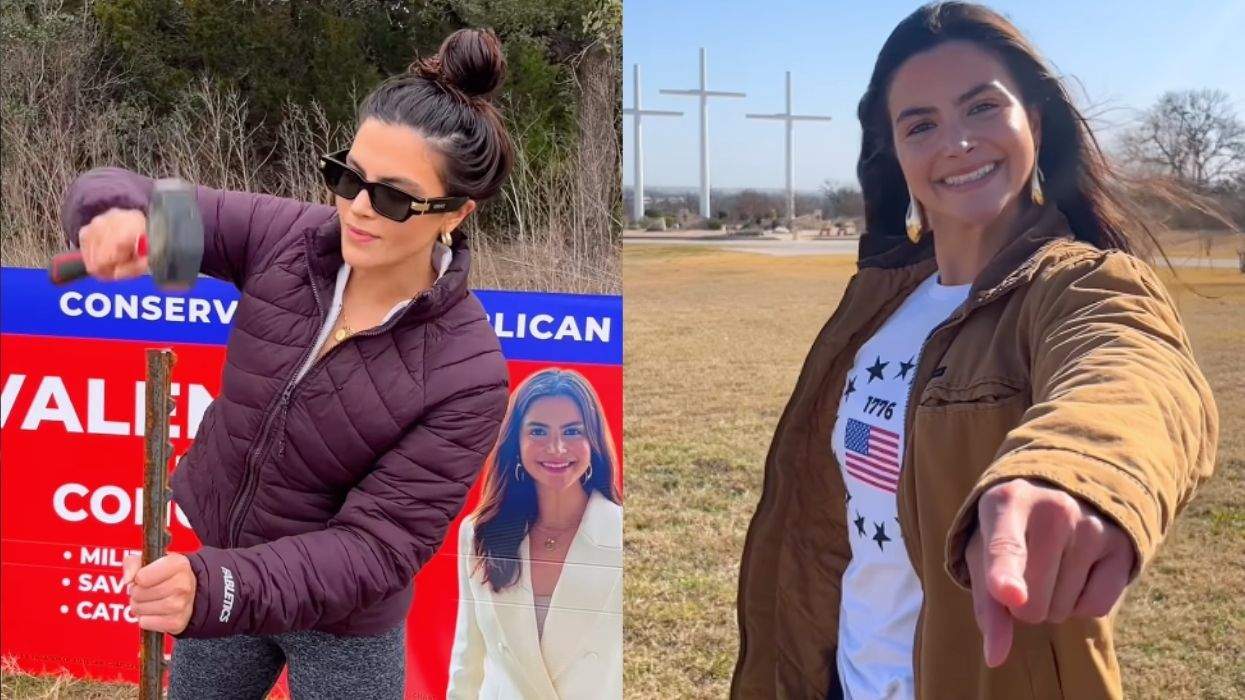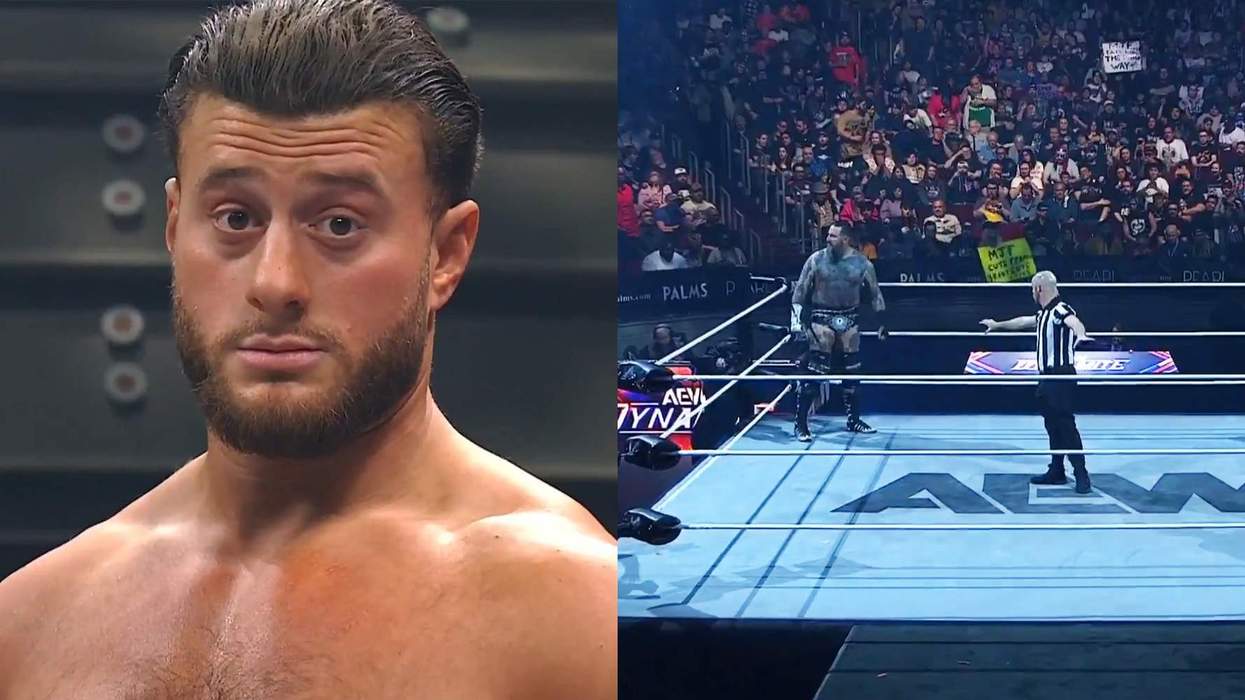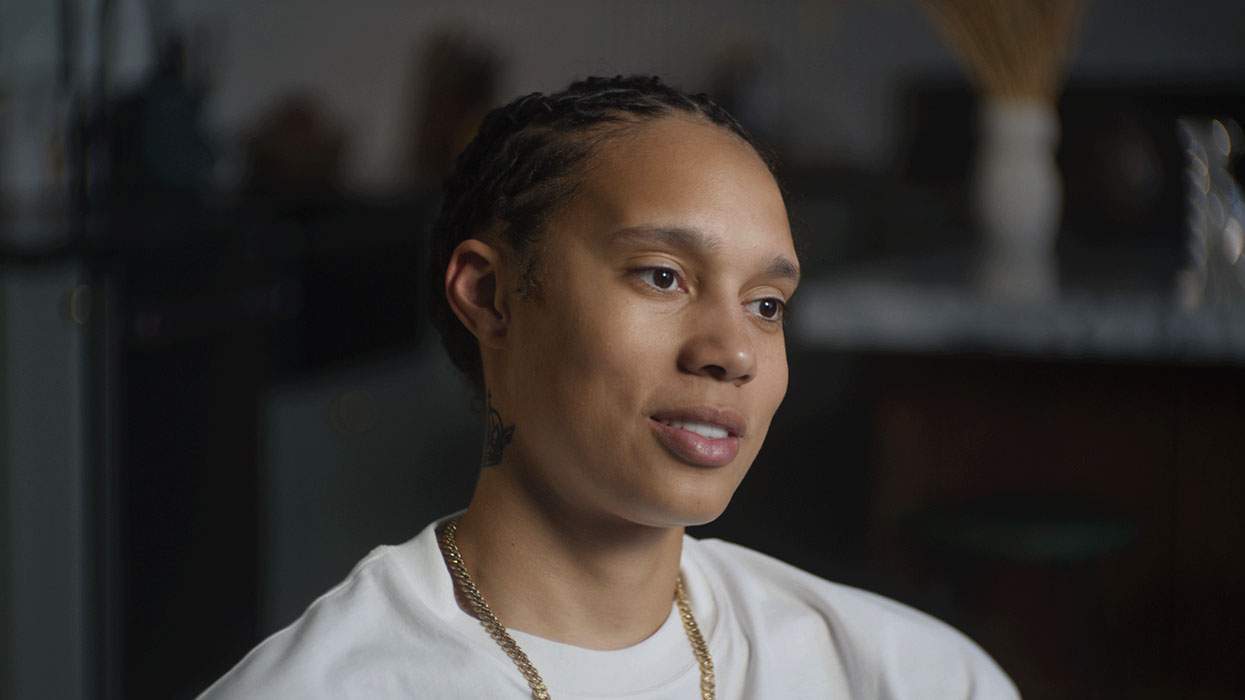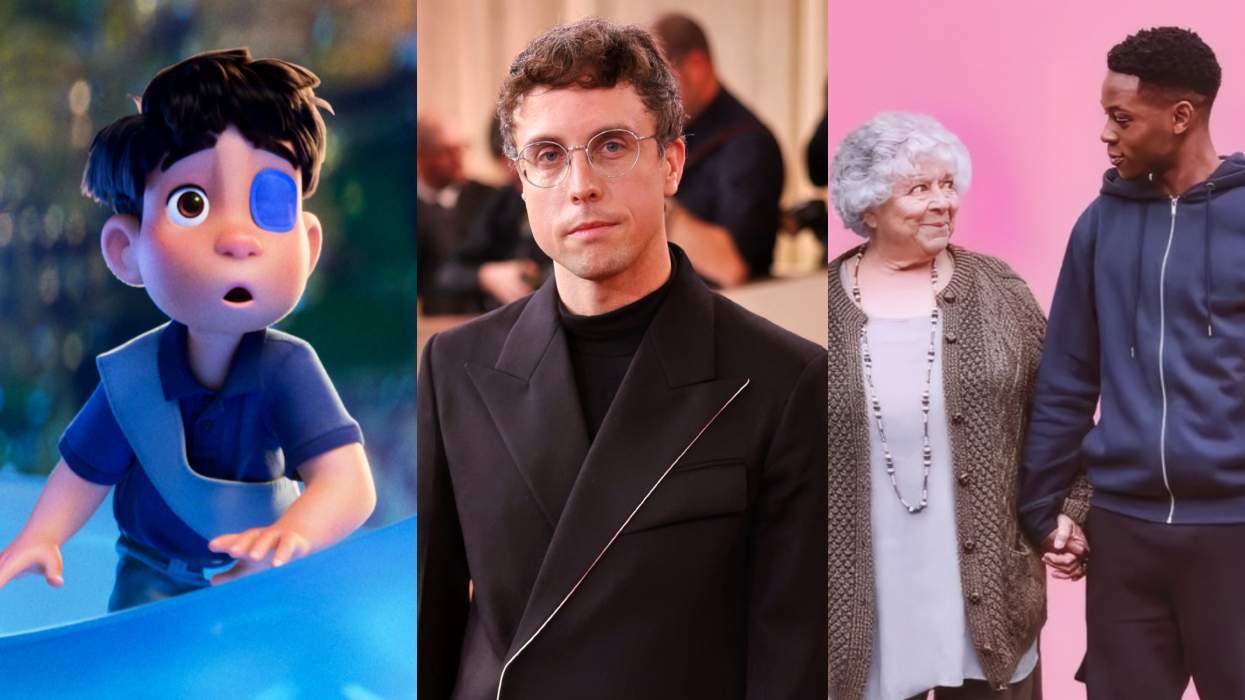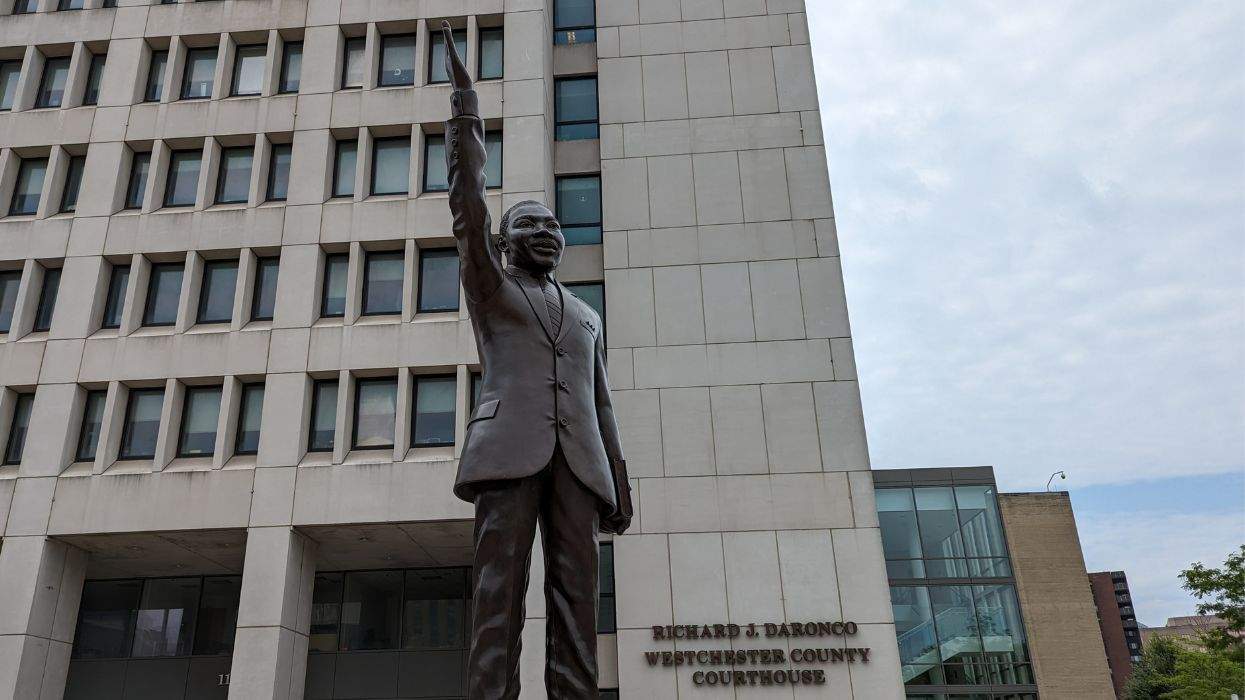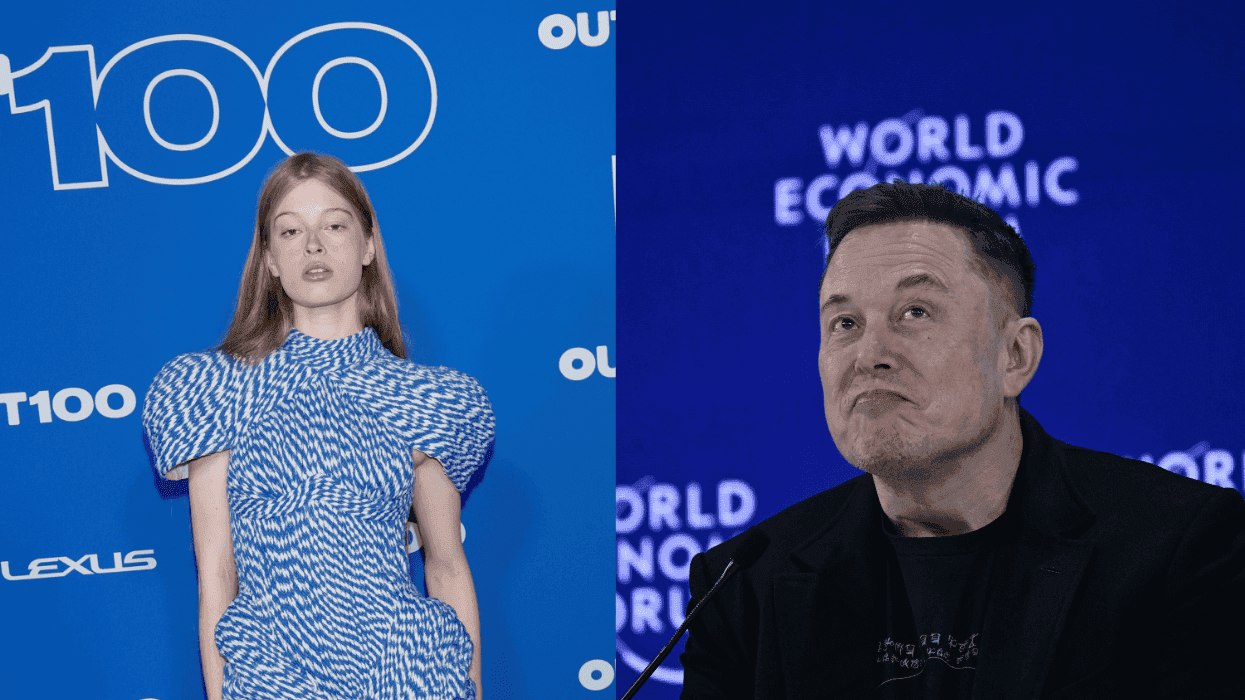Video games have grown up a lot in the last few years, "but we still haven't seen the kind of normalization [of LGBT characters and story lines] that we've seen in movies and on TV for some time," laments Brenda Brathwaite, a veteran game designer and the author of Sex in Video Games. "We still haven't had our Brokeback Mountain moment."
Actually, it could be argued -- and quite convincingly -- that video games haven't yet had their Birdcage moment. After all, the few LGBT characters and story lines that find their way into today's titles tend to showcase stereotypes that haven't been big-screen staples for a few decades.
Still, gay gamers are given more to work with than they were in the past. Case in point: Persona 4, a role-playing game released late last year for the PlayStation 2. The title features what many consider the first character in a mainstream video game to confront his homosexuality in a realistic and meaningful manner.
Another recent release, Fable II for the Xbox 360, takes things a few steps further by allowing players to hit on, have sex with, and even marry members of the same gender.
"That's a fantasy that hasn't been fully realized in the real world," says David Edison, an editor at GayGamer.net. So not only is the title ahead of the times in terms of video games, "it's ahead of the actual times."
The medium should make even more strides this fall when Grand Theft Auto: The Ballad of Gay Tony is released for the Xbox 360. Although no one outside the offices of developer Rockstar North knows how much gay content will make it into the game -- only the titular Tony is a given at this point -- Edison believes it will be groundbreaking nonetheless.
"Whether they're gay or straight or black or white," he says, gamers "will see the word gay every time they look at [the title]."
What prompted this push for pixelated pride? Edison's suggestion: "The industry wants to be taken more seriously."
Jeb Havens, an associate game designer at EA/Maxis's Spore and one of the few openly gay designers in the industry, offers up a different opinion.
Video game designers and developers, he says, are "moving away from the stereotype of the angry, homophobic teen boy ... toward a broader picture of who is buying and playing games."
As a result, he adds, "we're starting to see a willingness to experiment with stories and characters that would appeal to more diverse audiences," such as female, LGBT, and older gamers.
Adds Brathwaite: "It took them a while, but developers eventually got hip to the fact that there are women out there who want to control female characters [in video games], and now they're getting hip to the fact that there are LGBT gamers out there who want to control LGBT characters."
Another factor influencing the gay-friendliness of today's games, according to Brathwaite, is that "the almighty dollar talks as much in this industry as it does in any other, and we all know the gay market is nothing to sneeze at in that regard."
That said, gay gamers shouldn't expect titles featuring LGBT characters and story lines to flood the market anytime soon.
"We've yet to see a game featuring a gay lead who's fully realized and isn't a pixelated stereotype," Edison says before adding that he doesn't see "anyone at a big company greenlighting that kind of game just yet."
Brathwaite is a bit more optimistic.
"The moment is coming," she assures us, though it won't arrive until "more gay game developers enter the industry and involve themselves in the process." Until that happens, "a bunch of straight guys will be trying to make games for the gay community, just like they used to try to make games for women."
That's a problem, she adds, because "I don't think most straight developers, including myself, know what gay men and women want in a video game."
Involving gay game developers in the process won't solve all of the industry's problems, of course.
"We also have to stop putting things into games that turn off gay players," Brathwaite says. For example, "how many games have you played that put you in control of a male character and then asked you to save a princess?"
LGBT characters and story lines shouldn't be slipped into each and every game, she adds, but "in certain circumstances it not only makes sense but makes the game a richer, more enjoyable experience for everyone."


